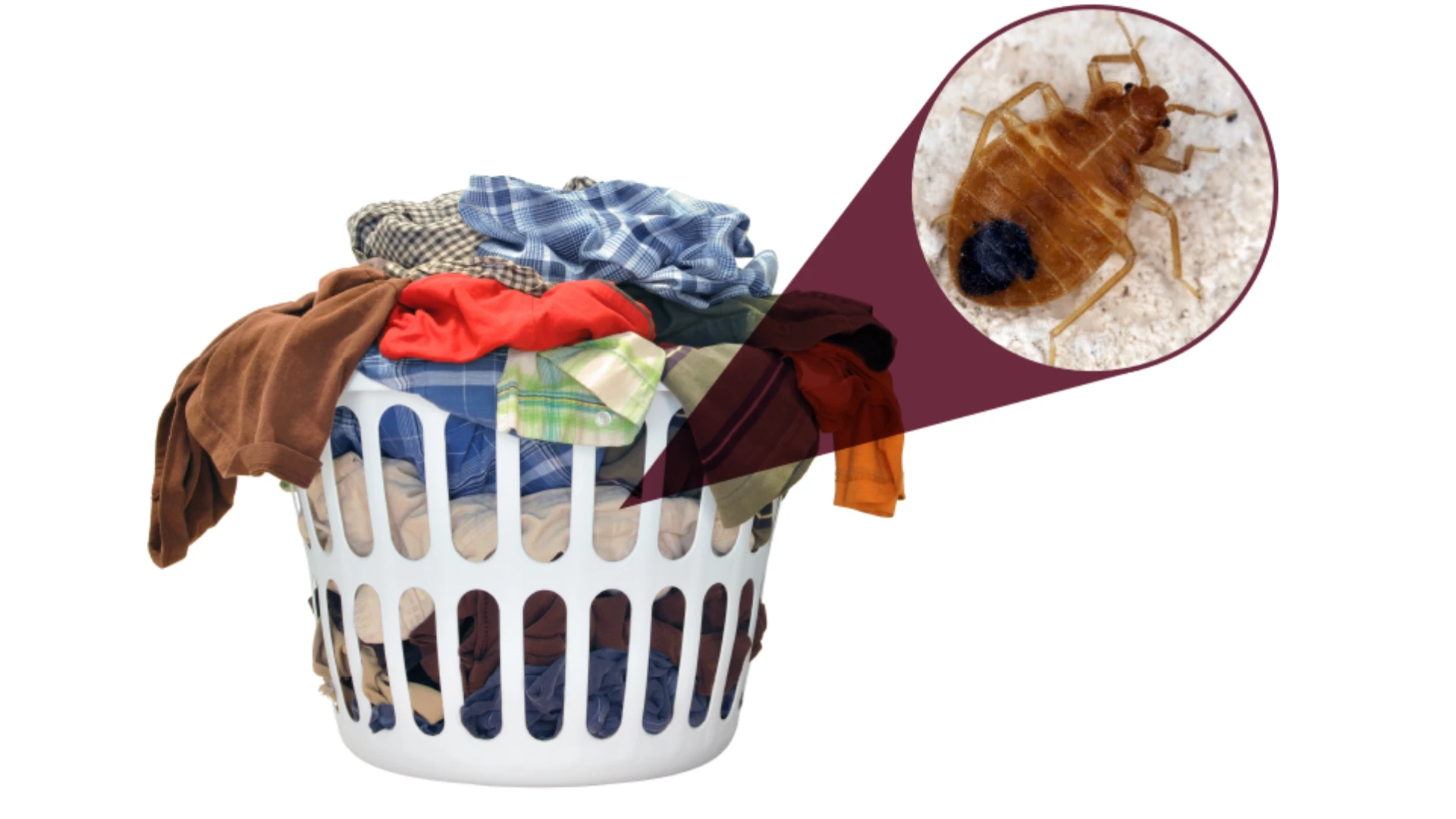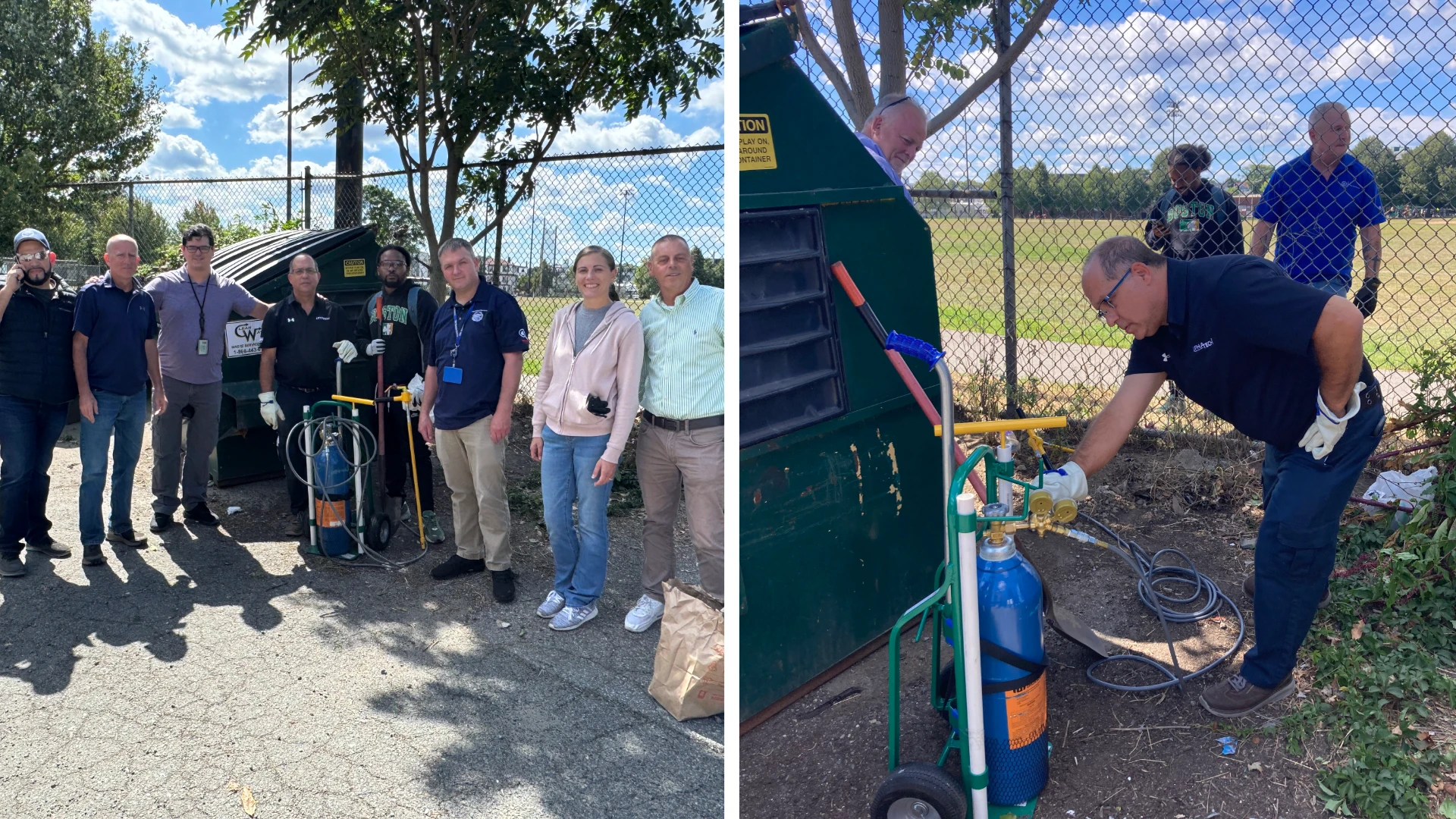 Tablet computers are becoming more popular as they gain widespread acceptance in schools and businesses throughout North America. In fact, in many cases, they are replacing books in our nation’s colleges and high schools, providing yet another potential infestation source for bed bugs in these sensitive accounts.
Tablet computers are becoming more popular as they gain widespread acceptance in schools and businesses throughout North America. In fact, in many cases, they are replacing books in our nation’s colleges and high schools, providing yet another potential infestation source for bed bugs in these sensitive accounts.
It’s easy to see why this is a growing problem. Tablets and laptop computers are portable, allowing students to transport them to and from school on a daily basis. At the end of the school year, these electronic devices are often stored on school grounds for safekeeping. As the new school year approaches, they are inspected by school personnel to make sure they are in good working order. It is during these inspections and routine maintenance that school personnel are encountering bed bugs in increasing numbers.
Entomologists speculate there are a number of reasons this is occurring. One reason is that the electronic devices produce heat and provide harborage. Bed bugs are attracted to body temperatures near 98.6°F. They hide in dark places that have crevices like the edge of a bed or a cushioned tablet carrier. Some experts suggest the increased presence of bed bugs is because of global warming, resistance to modern pesticides, removal of effective pesticides like DDT from the market and the changing travel patterns of humans. However, it could be simply that bed bugs have learned to adapt to our human environments, much like the house mouse or grain insects, which have invaded our living spaces over the centuries.
Case Study. Recently, a school district inspected its electronic tablets to make sure they were operating properly for the start of the school year. However, upon further inspection, the school’s IT technicians discovered bed bugs in many of the cushioned bags designed to protect the computer tablets. It’s important to note that bed bugs don’t carry diseases but they do need a periodic blood meal from humans to survive and breed. But bed bug bites can cause skin irritation, rashes, loss of energy and secondary infections.
Recognizing that the infestation represented a public health threat, the school system approached our company to help solve the problem. The tablets and their cushioned bags were stacked in a truck trailer and sent to Fumigation Service & Supply’s fumigation warehouse. Vikane gas fumigant was used to fumigate the trailer. This is the same fumigant that is used to treat tented homes for termites and disinfest museum objects. Fumigants are unlike insecticidal “fogs” in that they are a gas that penetrates the cushioned bags, the on-off switches, and recharging port on the electronic devices to kill all stages of the bed bugs, including the eggs. Vikane has been shown, when used according to label directions, not to affect the electronics in the devices being fumigated.
Fumigant gas readings were taken throughout the treatment. Temperatures should be elevated to at least 80°F to accelerate the bugs’ respiration, accelerating kill. After 24 hours of aeration and careful inspection of the closed cushioned bags, the trailer was returned to the district to continue the process of preparing them for the upcoming school year.
.gif)
Take-Home Message. Pests live with humans in their homes, schools and offices. The issue of transporting insects and other vermin back and forth from these sensitive locations is unavoidable, requiring a proactive approach to monitoring and pest control. Managing and understanding the biology and behavior of bed bugs will help reduce their impact. Inspecting for bed bugs in laptop computers and other portable electronic equipment can help track the spread of bed bugs in homes, schools and offices, serving as an early warning system for PMPs and school administrators alike. Fumigating with sulfuryl fluoride is one more tool in the PMP’s toolbox when designing a bed bug control program for schools and businesses.
David Mueller is president of Fumigation Service & Supply, Westfield, Ind., as well as a board certified entomologist and a licensed fumigator with 37 years of experience.

Explore the December 2012 Issue
Check out more from this issue and find your next story to read.
Latest from Pest Control Technology
- Rentokil Terminix Expanded in Key Markets with 2024 Acquisitions
- In Memoriam: Joe Cavender
- Certus Acquires Green Wave Pest Solutions
- Liphatech Adds Alex Blahnik to Technical Team
- Do the Right Sting: Stinging Insect Identification, Management, and Safety
- VAGA's 8th Annual Veterans Thanksgiving Appreciation Dinner
- Clark's Blair Smith on the Response to Increased Dengue Fever Cases in Southern California
- WSDA, USDA Announce Eradication of Northern Giant Hornet from U.S.





